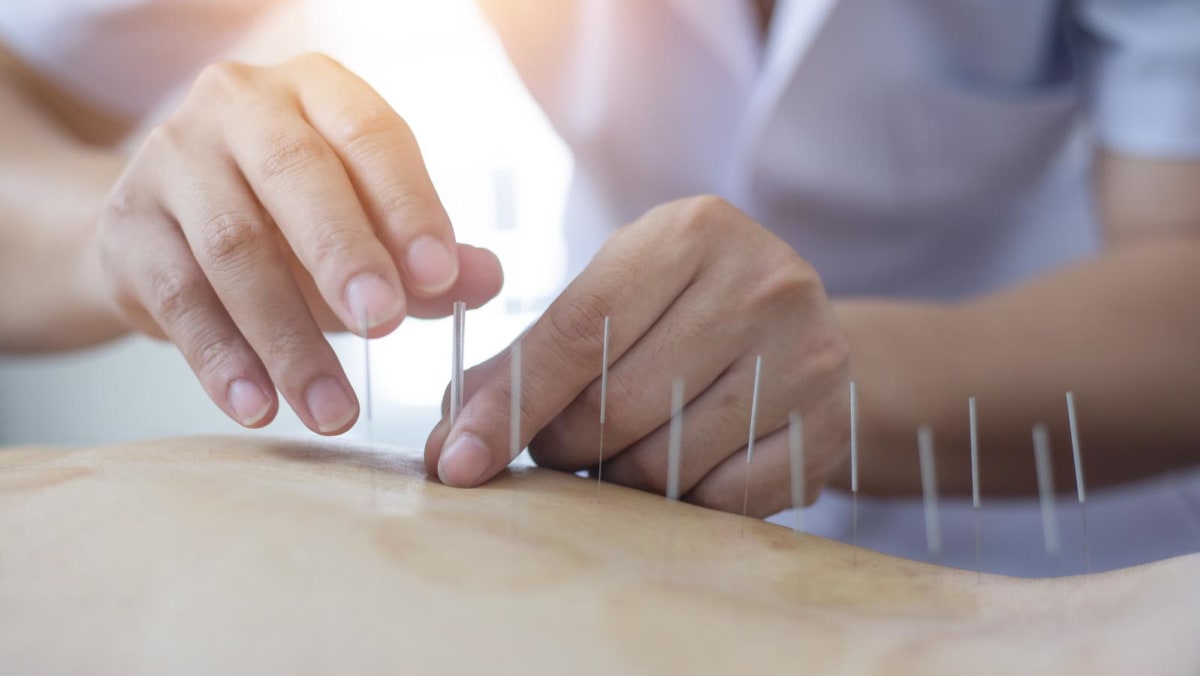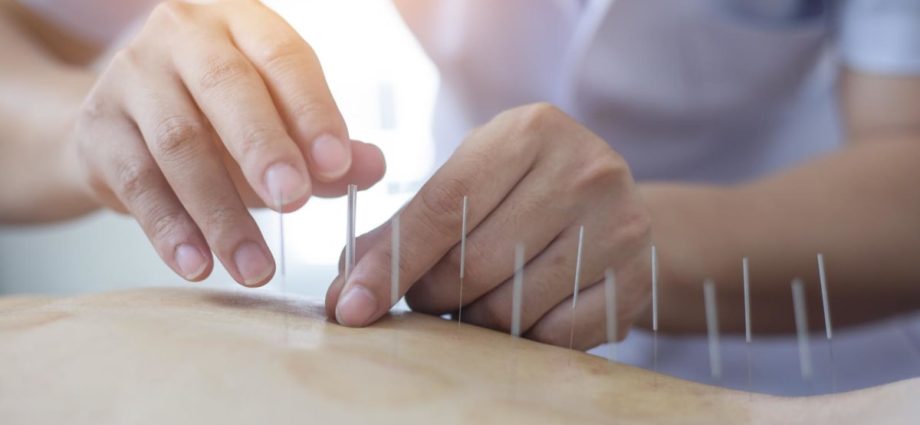
SYNERGIES WITH MAINSTREAM HEALTHCARE SYSTEM
Singapore must carefully incorporate certain TCM treatments into public clinics and hospitals, where they become eligible for support under our healthcare financing framework, such as subsidies and MediSave withdrawals, Mr Ong said.
He noted that currently, this is only done for acupuncture for lower back pain and neck pain.
China, Hong Kong and Taiwan have a broader integration of TCM, Mr Ong said, adding that many doctors there are trained in both western medicine and TCM, and hospitals have both western and TCM departments covering “many areas of treatment”.
In these places, doctors “appreciate and recognise” that globally, healthcare regulation is largely based on western medicine.
TCM, despite centuries of practice and empirical experience, must meet the terms of that dominant system to be incorporated in it, he said.
Much research has been done into TCM, producing clinical evidence of the efficacies of various treatments.
Based on this, MOH can design sandboxes within public healthcare institutions to draw synergies between western medicine and TCM, Mr Ong said.
Mr Ong encouraged the TCM community to organise events where both English-speaking doctors and healthcare leaders and top TCM practitioners from the region gather to enhance the understanding between the two sectors.
EDUCATION AND TRAINING
Mr Ong also touched on Nanyang Technological University’s (NTU) undergraduate degree programme in Chinese medicine, which began this year.
NTU saw “very encouraging responses”, with 160 applicants for 30 places in the inaugural batch, he noted.
Mr Ong said that from his conversations with current and prospective students of the TCM degree course, many said that a key attraction had been the overseas study component.
NTU will ensure that students have the opportunity to participate in an overseas clinical internship for up to six months, he said.
With the new degree also comes a chance to streamline how TCM graduates are assessed for registration and independent practice, said Mr Ong.
The TCMPB is revamping the format of the clinical component of the Singapore TCM Physicians Registration Examination (STRE) to focus on assessing the clinical, communication and analytical skills of graduates in a simulated clinical environment, Mr Ong said.
The approach is similar to how clinical assessment is done for western doctors, said Mr Ong. “This will ensure aspiring TCM practitioners will be more practice-ready.”
The requirements for attaining a TCM practicing licence will also be streamlined. Graduates of NTU’s Chinese medicine degree will be granted full exemption for the STRE.
NTU will also strengthen its assessment of graduates, including the theory examination and clinical competency assessment, to meet the requirements of the TCMPB.
“That way, graduates of the NTU Bachelor of Chinese Medicine Degree will be issued their practicing certifications upon graduation.
“Graduates from the other two TCM schools can be exempted from the theory part of STRE, but all graduates still need to be assessed on their clinical competencies to obtain their practicing certificates.”
From 2025, the Singapore College of Traditional Chinese Medicine will offer a refresher course for those who wish to retake their STRE.
Additionally, graduates can now re-attempt the clinical assessment after six months, rather than a full year.

